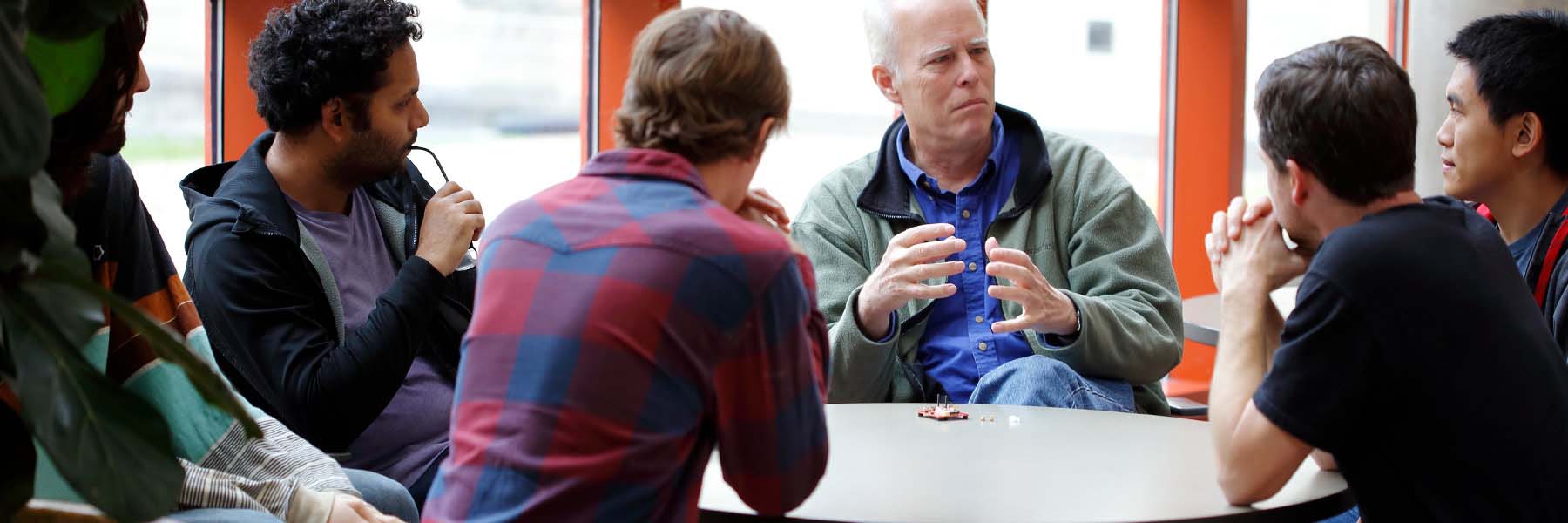Data is driving advances in all areas of biology, agriculture, and biotechnology, as well as applications like personalized medicine. In the two-year Master of Science in Bioinformatics, you will learn to model, analyze, and manage massive amounts of biological data.
Also known as computational biology, bioinformatics is a fast-growing field. Our interdisciplinary program emphasizes computation and informatics but also integrates knowledge from biology, statistics, and related areas. You will be part of a tight-knit program, study in one of the nation’s top technology schools and biology departments, and have access to leading-edge resources like the Big Red 200 supercomputer.
Start a bioinformatics career or earn a Ph.D.
About half of our graduates are hired by companies or by research hospitals such as the Mayo Clinic and Cincinnati Children’s Hospital Medical Center. The other half enter Ph.D. programs. One program you can consider: IU’s Ph.D. in Informatics, which offers a track in bioinformatics.
Learn about career preparation and services

